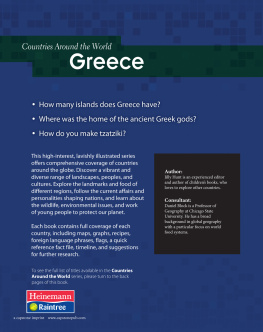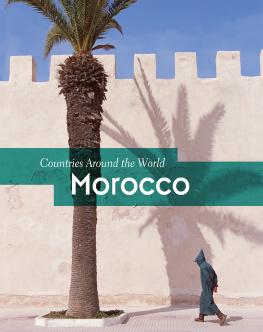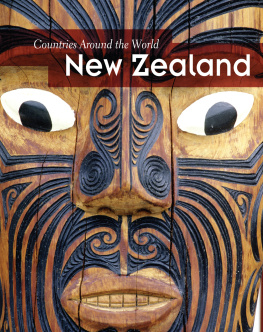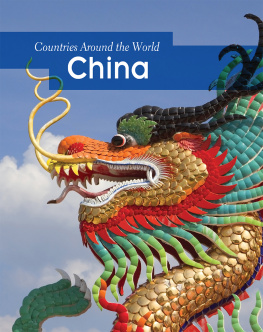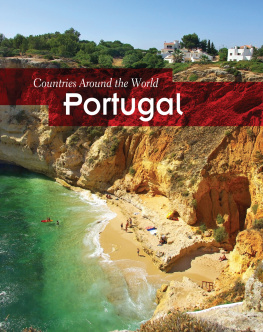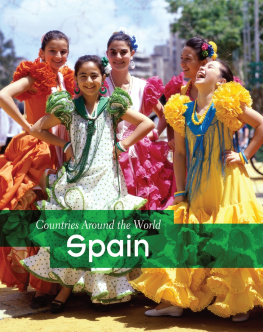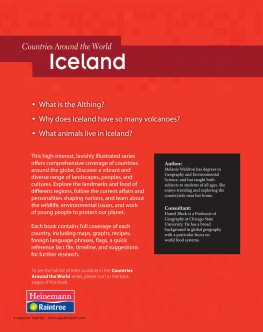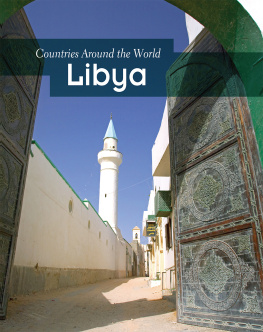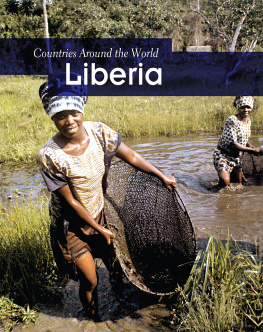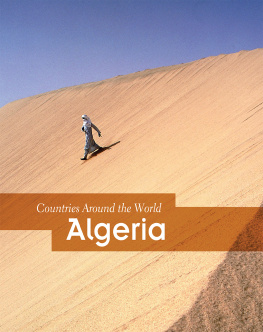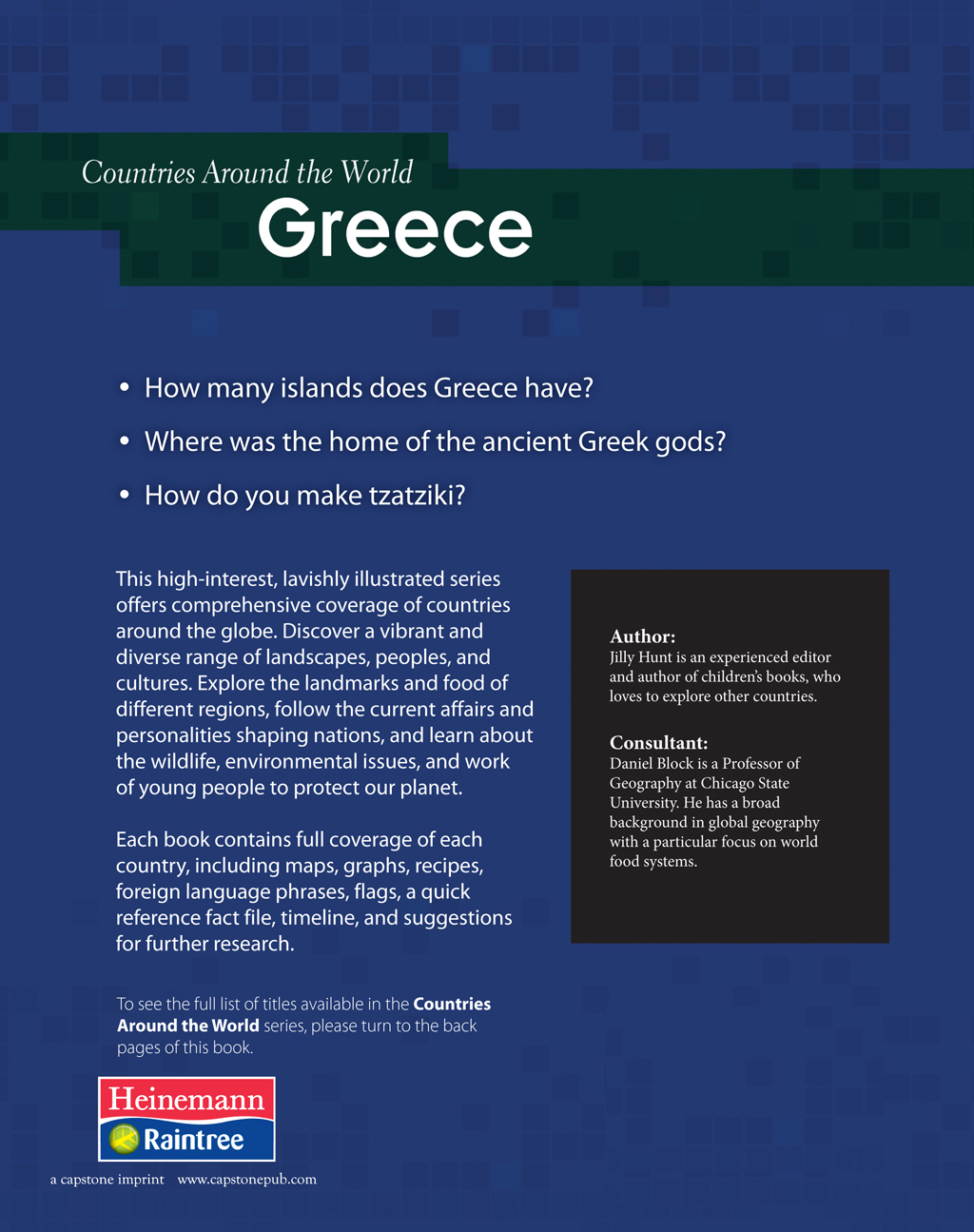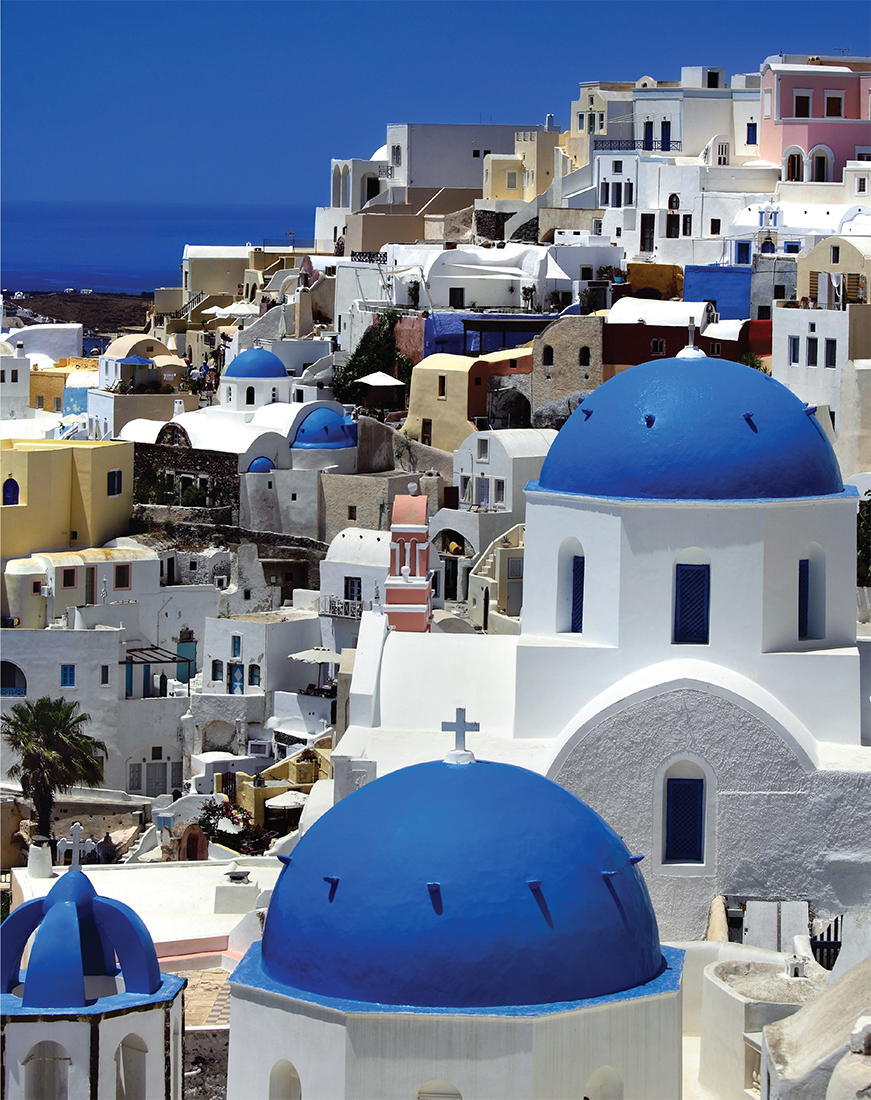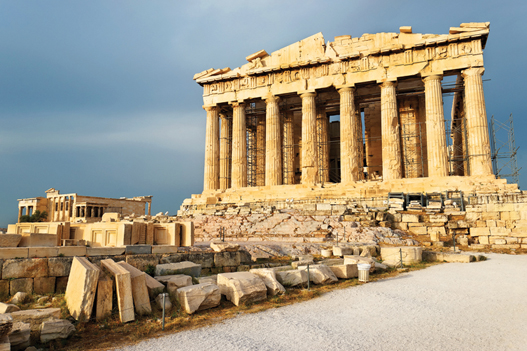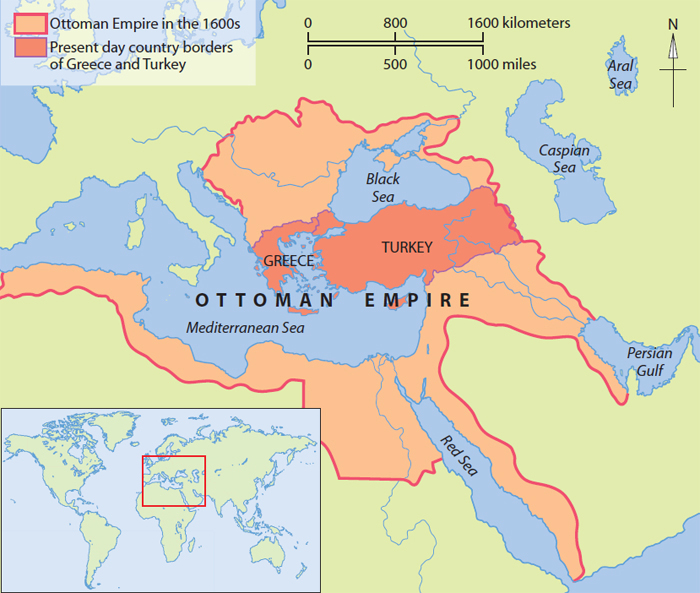The modern state of Greece is only about 183 years old. However, Greece has an ancientpast.
Between 500 and 400 BCE, the Greek culture was one of the most advanced in the ancientworld. Athens was at the heart of this civilization and was where some of the bestartists, writers, leaders, and thinkers in history lived. Some famous ancient Greekthinkers were Pythagoras, Socrates, and Plato. Pythagoras was a philosopher and mathematicianwho lived in the 6th century BCE. Socrates lived in the 5th century BCE and was afamous thinker. Plato was his pupil and wrote down his teachers work.
The society of Athens was the worlds first democracy . This meant that citizens couldvote and help decide how the city should be run. Women, foreigners, and slaves, however,were not allowed to vote.
Daily life
Life in ancient Athens was very different depending on who you were. Only wealthymen could enjoy the cultural life, such as going to the theater. Women looked afterthe home and children. Boys would go to school from about seven years old, but girlswould be expected to help around the house.
The ancient Greeks built elaborate temples for their gods and goddesses. The Parthenon was built as a temple to the goddess Athena, and part of it is still standing today.
In 337 BCE, Alexander the Great became ruler of Greece. He spread Greek culture overhis vast empire , which included Egypt, Iran, and parts of Turkey and India. He diedof fever in 323 BCE and his empire was divided up. Greece was eventually taken overby the Roman Empire. As the Roman Empire declined in the 400s CE, Greece became partof the Byzantine Empire . Greece was then taken over by the Ottoman Empire in the1450s.
ALEXANDER THE GREAT (356323 BCE)
Alexander III was known as Alexander the Great.He was king of Macedonia, which was an ancient kingdom near Greece. He died whenhe was just 33, but by then he had already conquered most of the world known to peopleat that time.
Greek War of Independence
The modern country of Greece as we know it today began with its independence fromthe Ottoman Empire in 1829, following a seven-year war. A Greek monarchy was createdin 1832 with the backing of larger European powers. The monarchy was strengthenedunder the reign of King George I, who ruled for 50 years from 1863 to 1913.
Over the next century, Greece expanded to include all of present-day Greece and partsof present-day Turkey. After losing the Greco-Turkish War of 19191922, Greece hadto give back part of its territory. After the war, people moved back to their owncountrys territory. About 1.3 million Greeks left Turkey and about 350,000 Turksleft Greece. Suddenly there were a lot more people living in Greece.
This map shows the areas under Ottoman rule at the height of the empire in the late1600s, and where modern-day Greece and Turkey lie within this region.
Troubled times
After losing the Greco-Turkish War, there were many different rulers in Greece. Therewas also an antiroyalist revolution , which led King George II to abandon the thronein 1923. The leaders of the revolution took control and held an election . However,in 1926, the prime minister, Theodoras Pangalos, declared himself dictator . He wasoverthrown a year later, and former prime minister Eleuthrios Venizlos returned.He was defeated in 1932, and in 1935 King George II became king again. In 1936, GeneralIoannis Metaxas took control of the government and began a dictatorship with royalapproval. He remained in power until his death in 1941.
Greece faced more trouble during World War II. It was invaded by Italy in 1940 and occupied by Germany in 19411944. More than 300,000 Greeks died during the occupation.About 80 percent of Greeces Jewish population diedabout 60,000 people. When theGermans left the country, the Greek government returned. But in 1946 a civil war began. The communists had been fighting against the Germans and did not want to disband their forces. They wanted to rule Greece. The Greek civil war lasted until 1949.
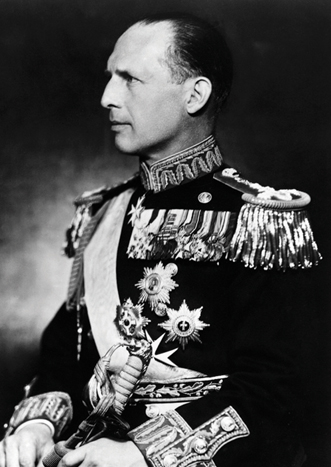
KING GEORGE II
King George II was born on July 20, 1890, in Tatoi, near Athens. He became king inSeptember 1922. He was exiled from Greece twice. The first time was on December 19,1923, following a revolution. A change of government allowed him back in October1935. King George II was exiled for a second time after the German invasion in 1941.A vote by the people of Greece allowed him to return in September 1946, and he ruleduntil his death on April 1, 1947.
Greece and Turkey
Greece and Turkey have always had a difficult relationship. There have been disputesover the control of the island of Cyprus. The British controlled Cyprus, but morethan 75 percent of the population was Greek, and there was a large Turkish minority.Greece felt that Cyprus should be part of Greece, and Turkey wanted it to be partof Turkey. In 1960, an agreement was finally reached among Great Britain, Greece,and Turkey by which Cyprus would become an independent republic .
In 1974, the Greek dictator, Dimitrios Ioannidis, was involved in organizing an attempted coup against President Makarios of Cyprus because he wanted to control Cyprus. Turkeyseized the opportunity to invade Cyprus and established an area of Turkish controlin northern Cyprus. Ioannidis wanted Greece to go to war with Turkey. But Greek citizensand the leaders of other countries did not want this to happen. Ioannidiss regimewas over. Today, Turkey still controls part of northern Cyprus, which it calls theTurkish Republic of Northern Cyprus. However, this name is not recognized by anyother country in the world.

